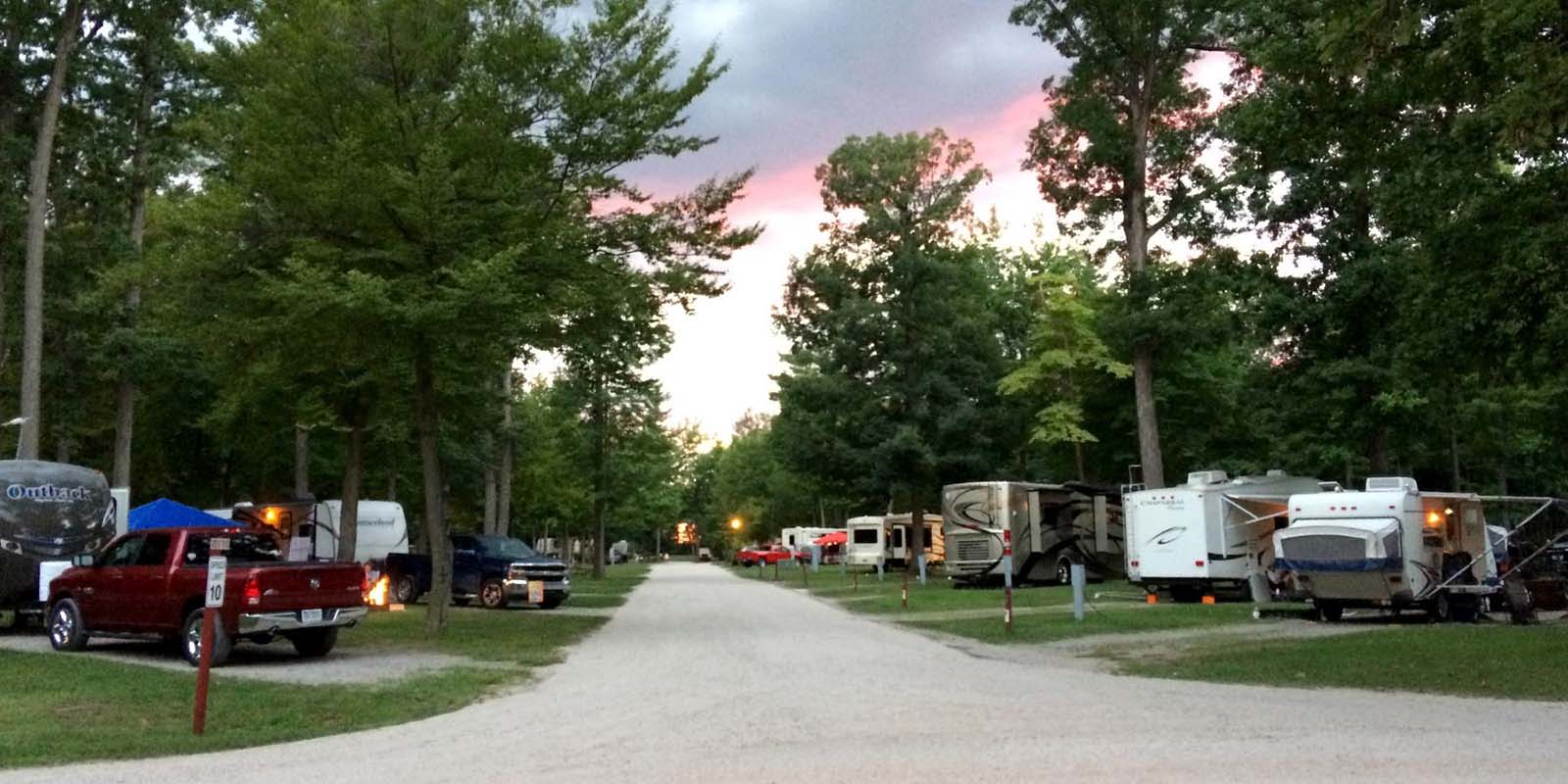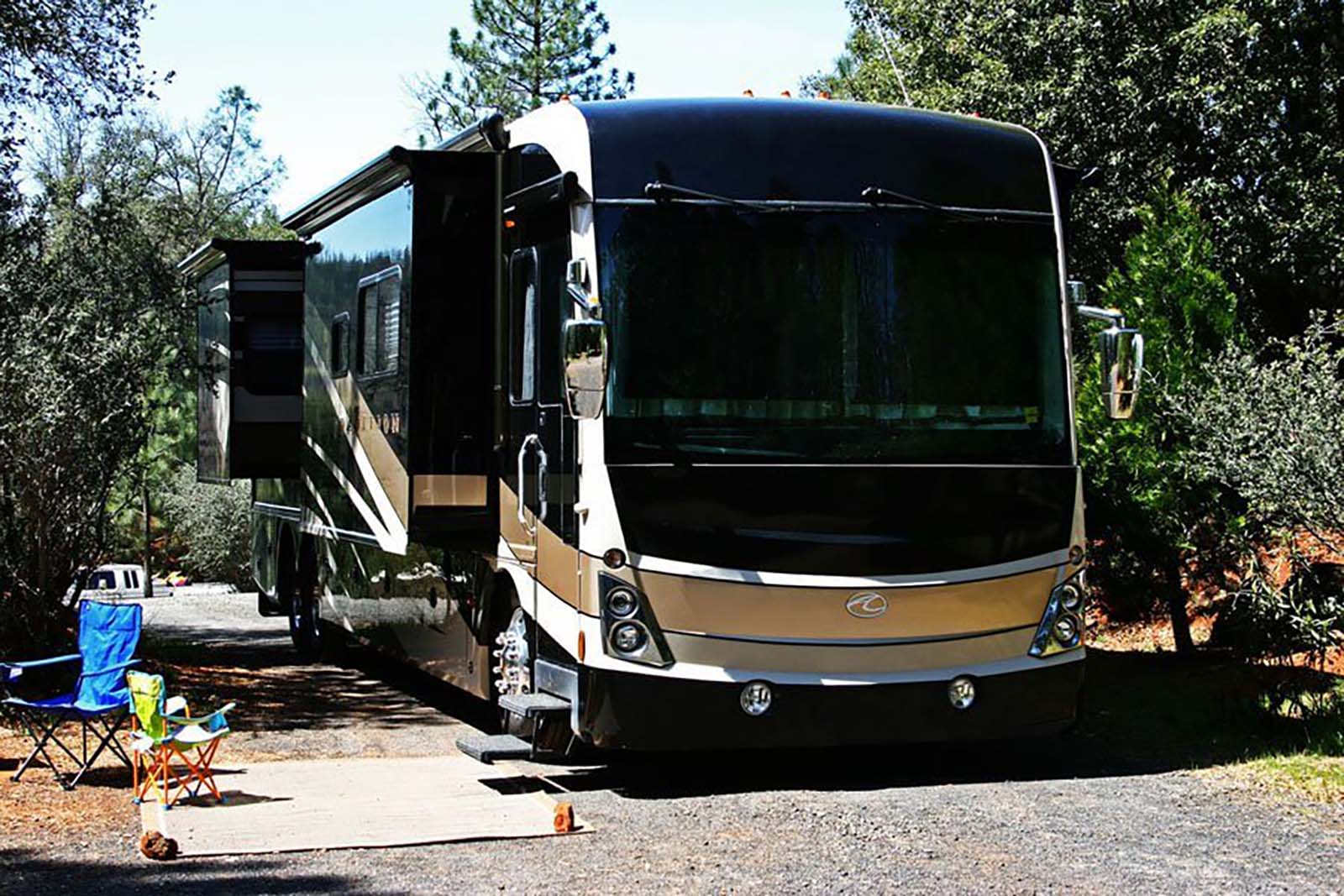How to Run an RV off Battery

Running an RV off a battery can be a convenient and cost-effective way to enjoy the great outdoors. Whether you want to go off-grid or simply minimize your reliance on electricity, here are some steps to follow:
1. Assess your power needs (H2) Before setting up your RV to run off a battery, it’s important to determine your power requirements. Consider the appliances and devices you plan to use, such as lights, refrigerator, air conditioner, and TV. Calculate the total power consumption to understand the battery capacity you’ll need.
2. Choose the right battery (H2) Investing in the right battery is key to running your RV off-grid. Opt for a deep cycle battery, specifically designed for long-lasting power supply. These batteries are capable of repeated discharging and recharging without losing capacity. Consider factors like size, weight, storage location, and battery life when making your selection.

3. Install a power inverter (H2) To convert the battery’s DC power into AC power, you’ll need a power inverter. The inverter helps you use regular electrical devices designed for home use, which typically run on AC power. Choose an inverter that matches your power requirements and install it in a convenient location within your RV.
4. Energy conservation (H2) Efficient energy usage is crucial to extend the battery life of your RV. Opt for LED lights, which consume significantly less power compared to traditional incandescent or fluorescent lights. Use energy-saving settings on appliances whenever possible, and consider investing in energy-efficient devices to maximize power conservation.
5. Solar panels (H2) Adding solar panels to your RV setup can enhance your battery charging capabilities. Harnessing the power of the sun, solar panels can provide a steady trickle charge to keep your battery replenished. Ensure proper installation and maintenance of solar panels to maximize their efficiency.

Additional Tips for Optimal Battery Performance (H3): – Regularly check the battery’s water levels and maintain them as per the manufacturer’s recommendations. – Keep the battery and its terminals clean and free from corrosion. – Avoid overcharging the battery, as it can reduce its lifespan. – Disconnect the battery when not in use for extended periods to prevent self-discharge. – Consider investing in a battery monitor to keep track of the battery’s performance and charge levels.
Final Thoughts (H3): Running your RV off a battery can provide you with the freedom to explore without the need for constant electrical hookups. By carefully assessing your power needs, choosing the right battery, and implementing energy-saving measures, you can enjoy a comfortable and convenient off-grid experience. Remember to follow proper maintenance practices to ensure optimal battery performance, and consider seeking professional advice if needed.

